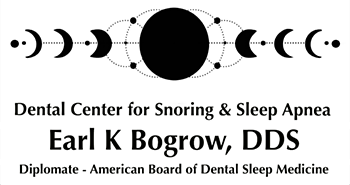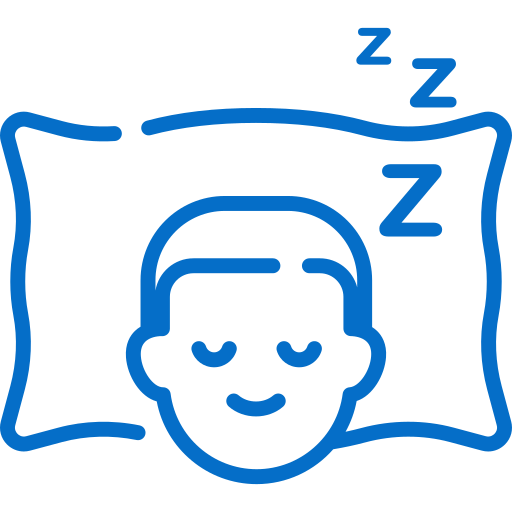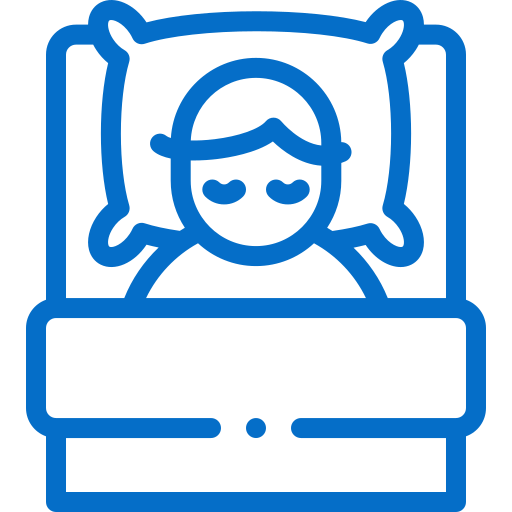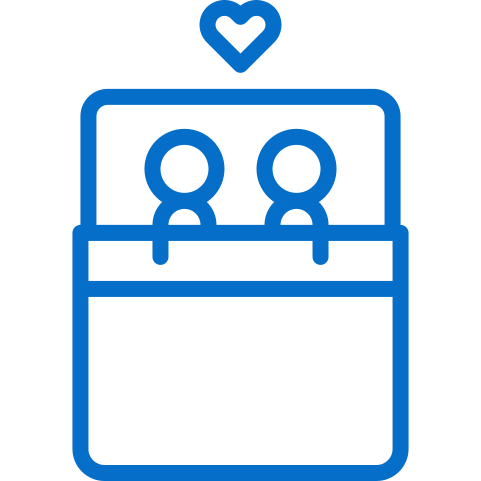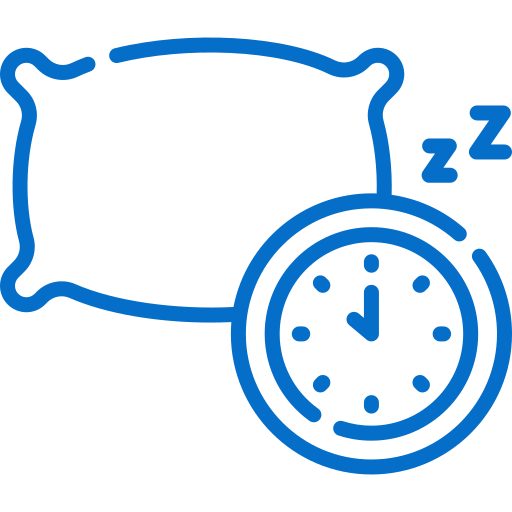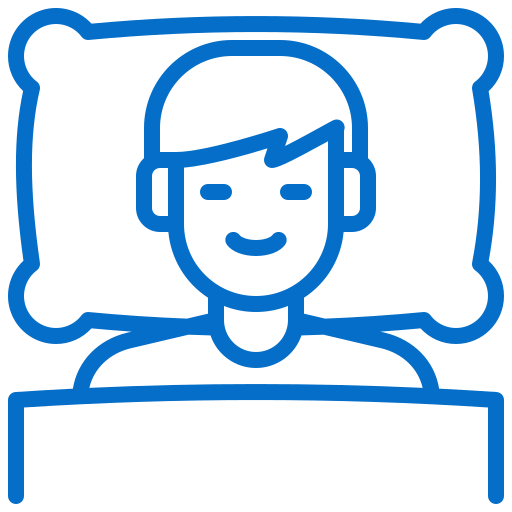Is It ADHD or Sleep Apnea?
Sleep apnea is a sleep disorder that’s often ignored or mistreated due to its related symptoms to ADHD. Attention deficit hyperactivity disorder (ADHD) is a condition that can affect a person’s attention span, ability to focus, or makes it hard for them to sit still. ADHD is extremely common amongst children and adults, however, up to 75% of them are discovering that they’re also suffering from major sleep problems, like sleep apnea.
The Shared Symptoms
Due to similar symptoms like being forgetful, feeling tired throughout the day, and being unmotivated, sleep apnea is often misdiagnosed as ADHD. The relationship between the two disorders can make it difficult to differentiate.
Symptoms of ADHD include:
Irritability
Lack of focus
Easily distracted
Forgetfulness
Impulsivity
Disorganization
If you have ADHD but still suffer from sleep troubles, having a sleep study done will be the best solution for you.
The Importance of a Sleep Study
Obstructive sleep apnea (OSA), occurs while you sleep when the muscles in the back of your throat relax and block your airway. This prevents your body from receiving oxygen, and your brain signals you to wake up consistently throughout the night. Misdiagnoses of sleep apnea are common. In one case, a young man of healthy weight who had been attaining a full eight hours of sleep every night was reportedly feeling overly tired throughout the day and had difficulty staying focused. He was told he had ADHD and was prescribed medicine to help him focus, yet five months later, he returned to his doctor still feeling fatigued each day. He was sent off to a sleep specialist who conducted a sleep study, who then discovered he was suffering from sleep apnea and didn’t have ADHD at all. Since early symptoms of both ADHD and sleep apnea are very similar, initial misdiagnoses can happen. A sleep study conducted by a certified doctor can help you determine your condition so you can receive effective care.
Finding the Right Solution
Once you complete a sleep study, and you’ve been diagnosed with sleep apnea, the next step is finding a method of treatment that works for you. Some patients benefit considerably from a CPAP mask, which is worn over the face and blows continuous air through the lungs to open up the breathing airway. Others may prefer an alternative such as an oral appliance that fits over your teeth like a sports mouthguard and gently shifts your jaw forward, clearing any obstruction in the back of your throat. Some patients might even suffer from both sleep apnea and ADHD, in which a CPAP or an alternative can help alleviate some symptoms of both disorders such as fatigue and irritability. If you’re unsure which treatment is right for you, fill out our Sleep Apnea Assessment and speak with Dr. Bogrow to find an optimal solution.
